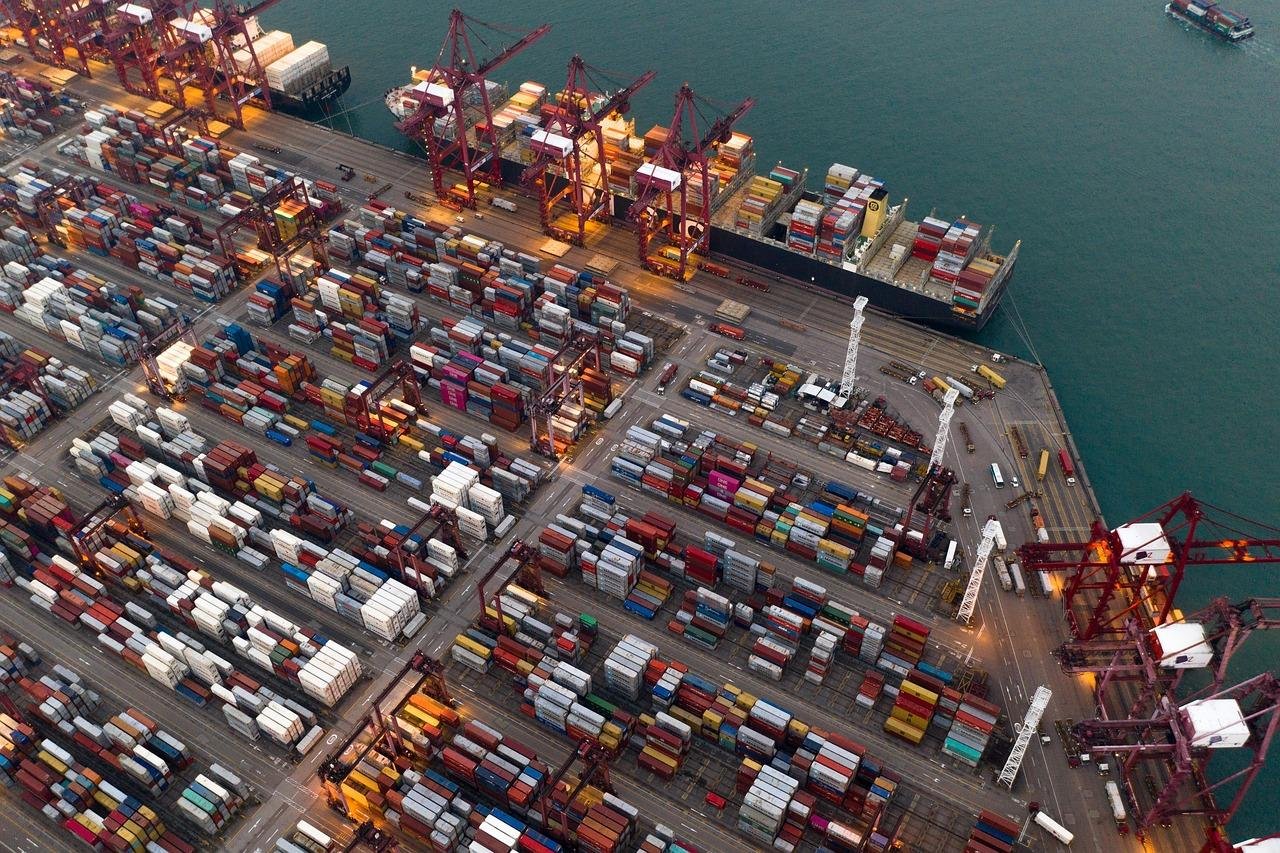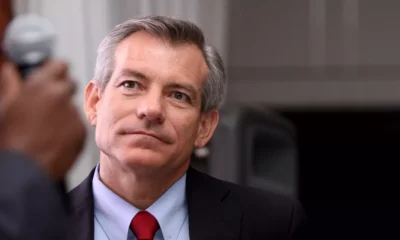Business
Mexican President Hails Strong Ties for Navigating Trump’s Trade Storm

Mexican President Claudia Sheinbaum acknowledged a positive relationship with the United States following President Donald Trump’s recent tariff announcements. On Thursday, Trump declared a global tariff hike while maintaining a relatively low tariff rate for Mexico. Sheinbaum attributed this leniency to the mutual respect and sovereignty upheld between the two nations.
Sheinbaum stated, “This has allowed Mexico to have no additional tariffs. It has to do with the strength of our government.” The leaders emphasize their collaboration, particularly in matters of national sovereignty. Trump remarked on the improved security at the U.S.-Mexico border, suggesting that it had returned to an ideal state. “Now we’ve actually matched it and done even better,” he asserted on Wednesday.
While Trump announced 10% tariffs on all global imports and a 25% tariff on imported automobiles, the specifics of the automobile tariffs allow for deductions based on the “U.S. content in each model imported into the United States,” per the United States–Mexico–Canada Agreement (USMCA).
Notably, Mexico ranks as the sixth largest exporter of light vehicles globally, sending nearly 80% of its 3.5 million record-high automobile exports to the U.S. in 2024. Sheinbaum expressed her government’s intention to continue negotiations on existing tariffs, a position echoed by Mexico’s Economy Secretary, Marcelo Ebrard.
Ebrard highlighted that close to 85% of Mexican exports to the U.S. would be unaffected by Trump’s global tariff policy, suggesting that Mexico’s competitive position has improved amid changes in the tariffs faced by other nations. “If you look at it as a whole, 185 countries, including many that compete with us, now have more difficult conditions,” he reported.
Following Trump’s announcement, the Mexican peso appreciated by 2.80% early Thursday. However, the announcement of the automobile tariffs had immediate repercussions for Mexican factories, particularly affecting U.S. automaker Stellantis. The company announced a temporary halt of activities at its Toluca plant to assess the impacts of the new tariffs, resulting in layoffs for thousands of workers in North America.
Trump’s approach to tariffs has fluctuated, notably threatening a 25% tariff on all goods from Mexico earlier this year. After negotiations that included the deployment of 10,000 Mexican National Guard troops to the U.S. border, he initially postponed the tariffs. Nevertheless, he reinstated them shortly after, which in turn caused a significant drop in the Dow Jones Industrial Average.
Soon after confirming the tariffs, Sheinbaum organized a rally in Mexico City to respond economically to the situation, which ultimately evolved into a celebration of the retraction of additional tariffs by Trump. In a press conference, Sheinbaum expressed confidence that more tariffs would not be imposed, citing Mexico’s lack of retaliatory tariffs against the U.S.


















